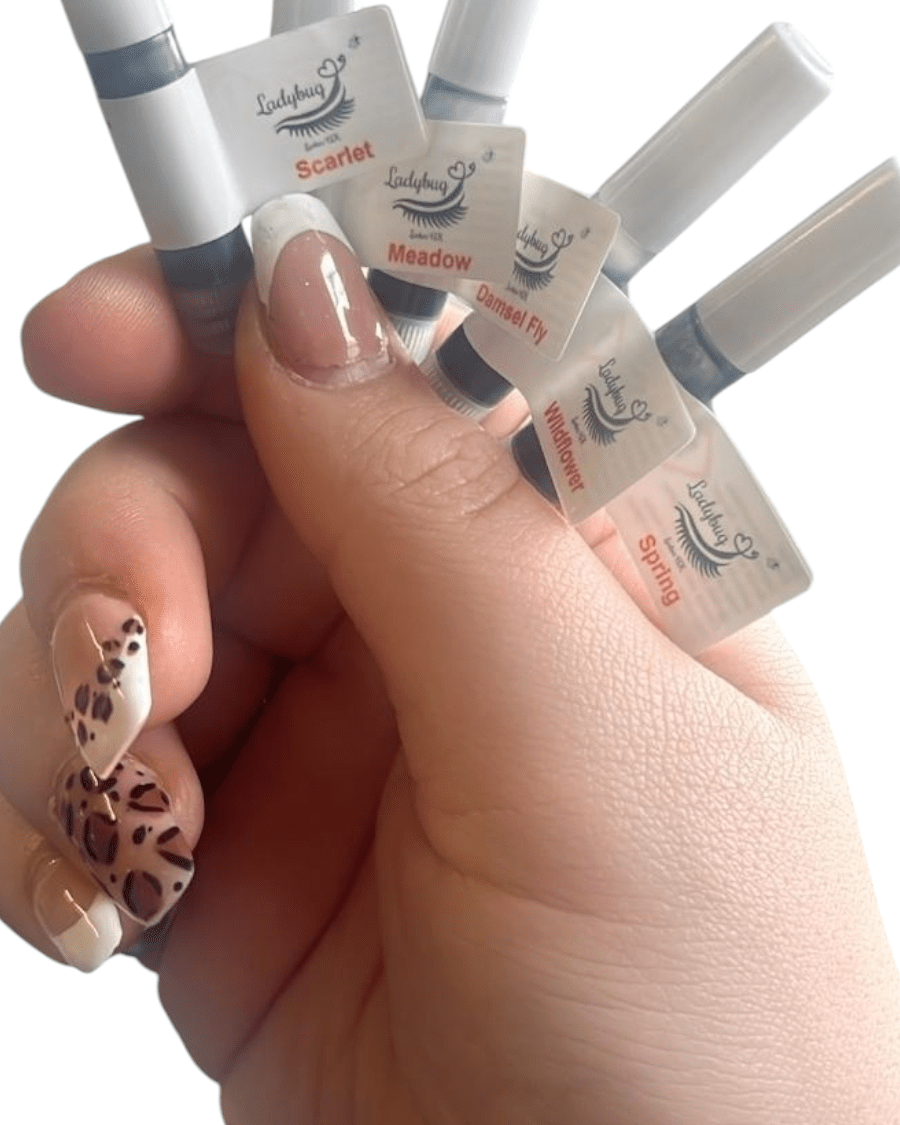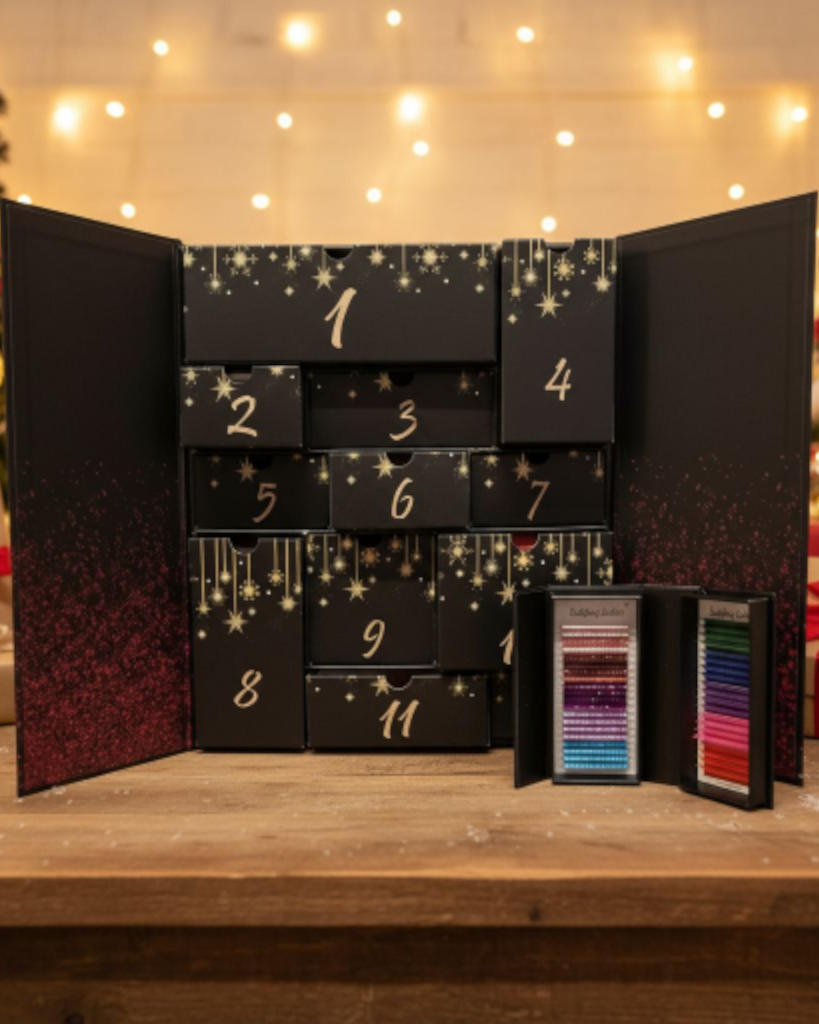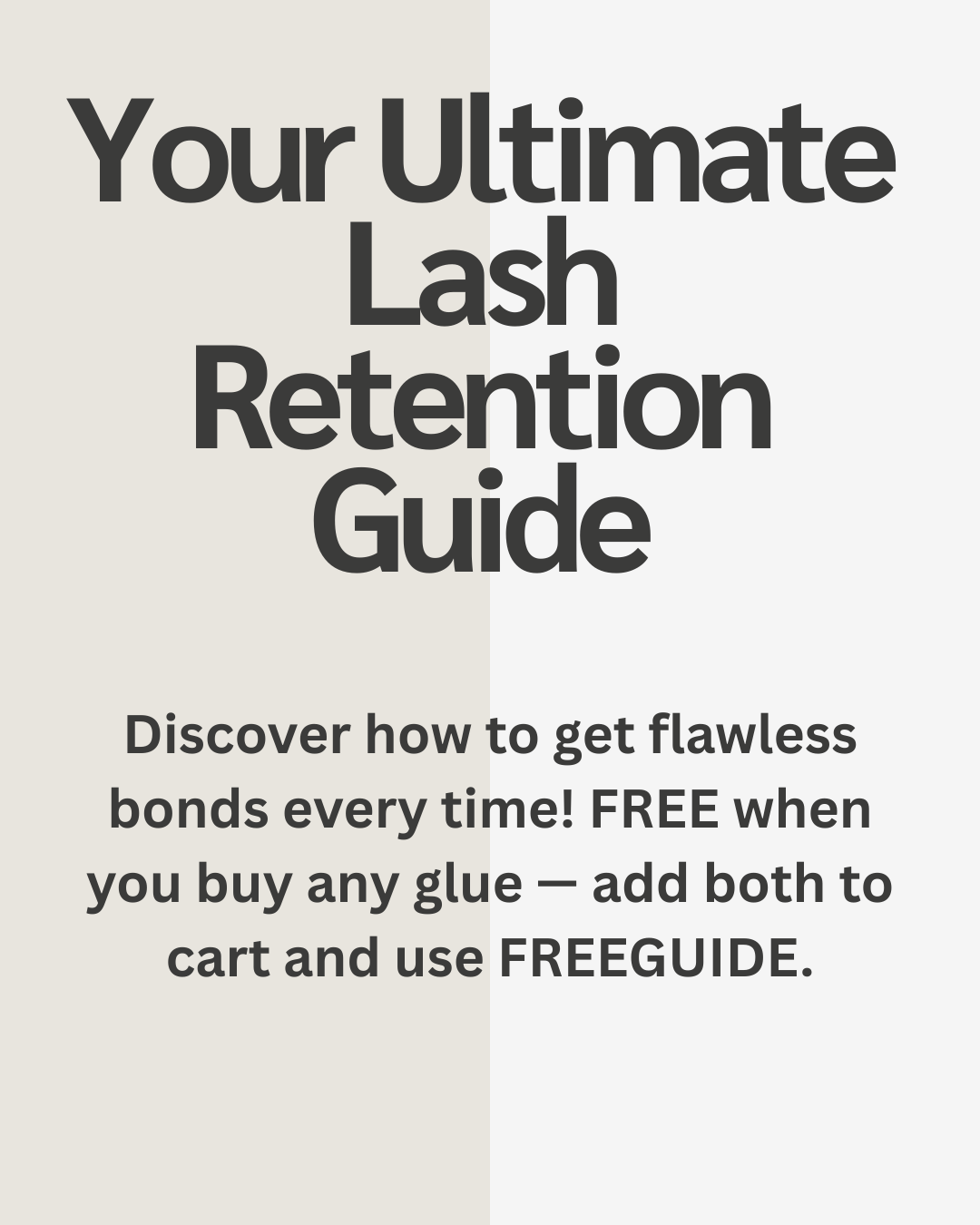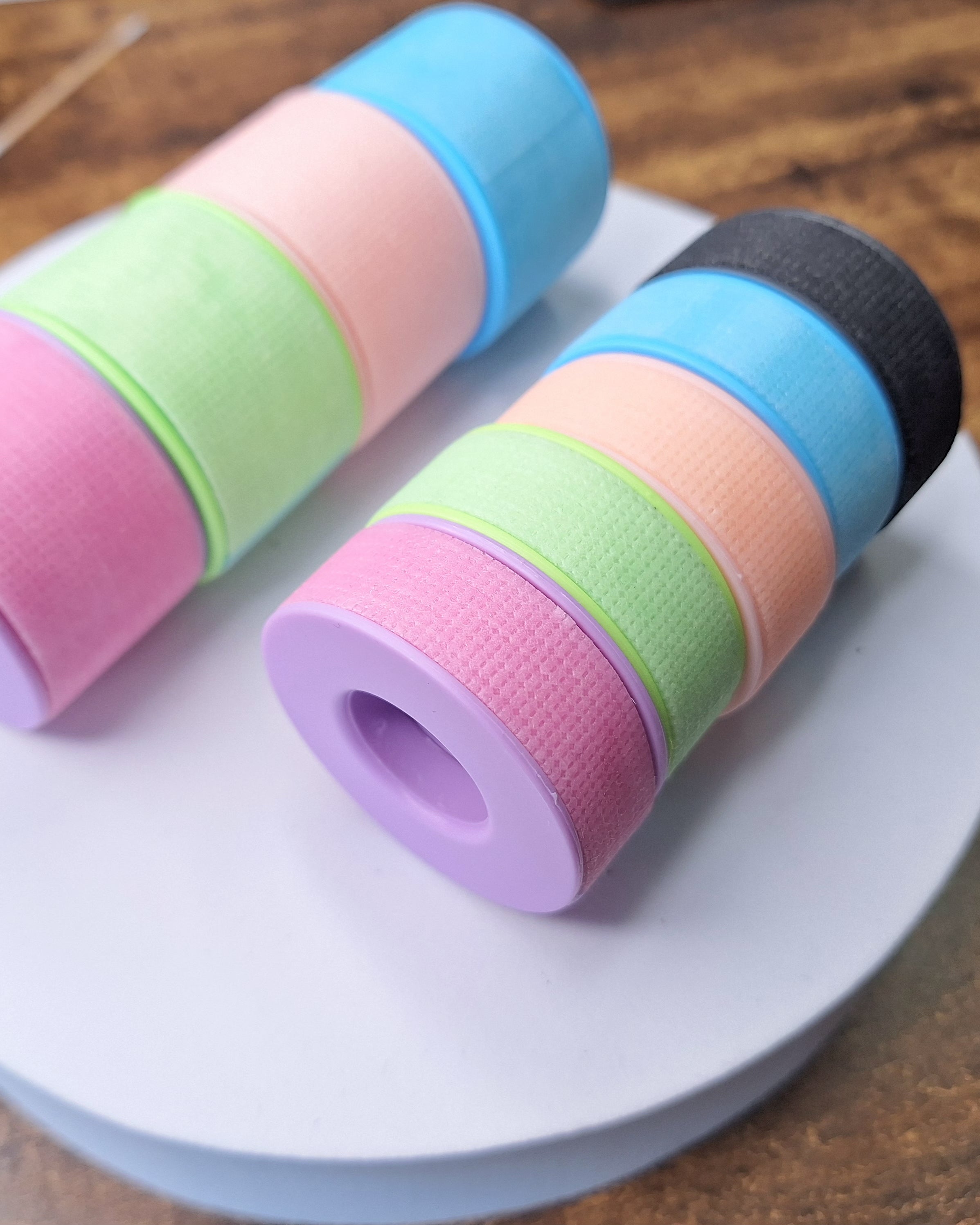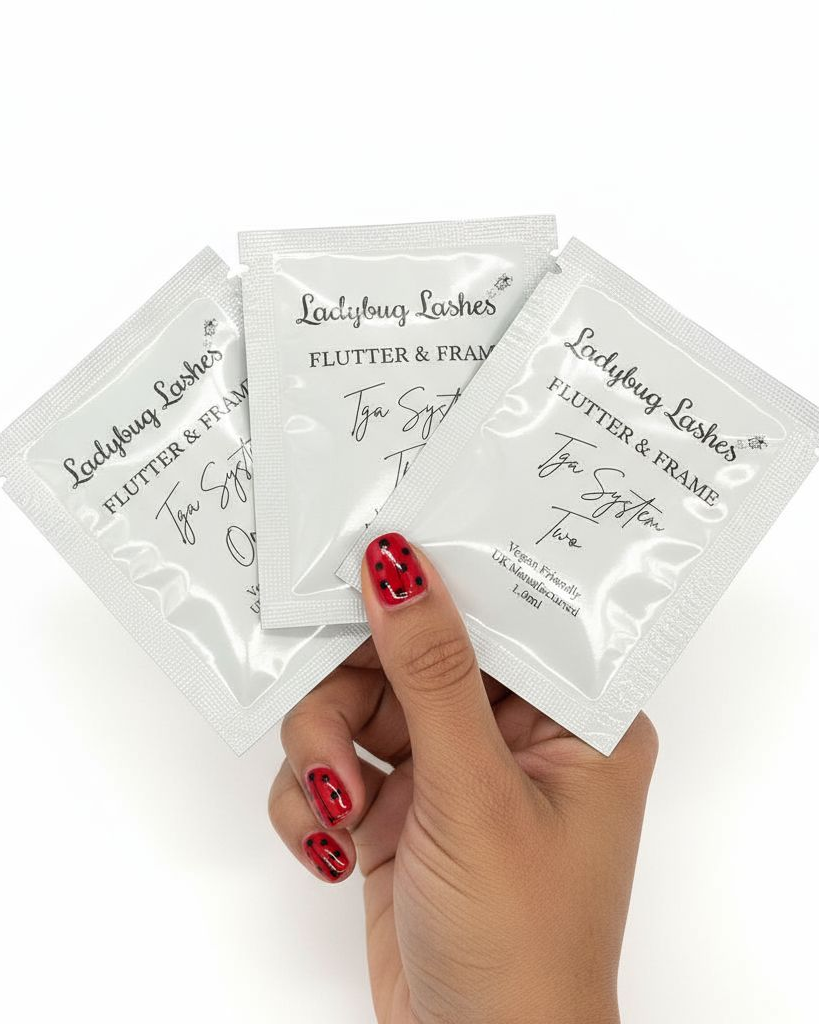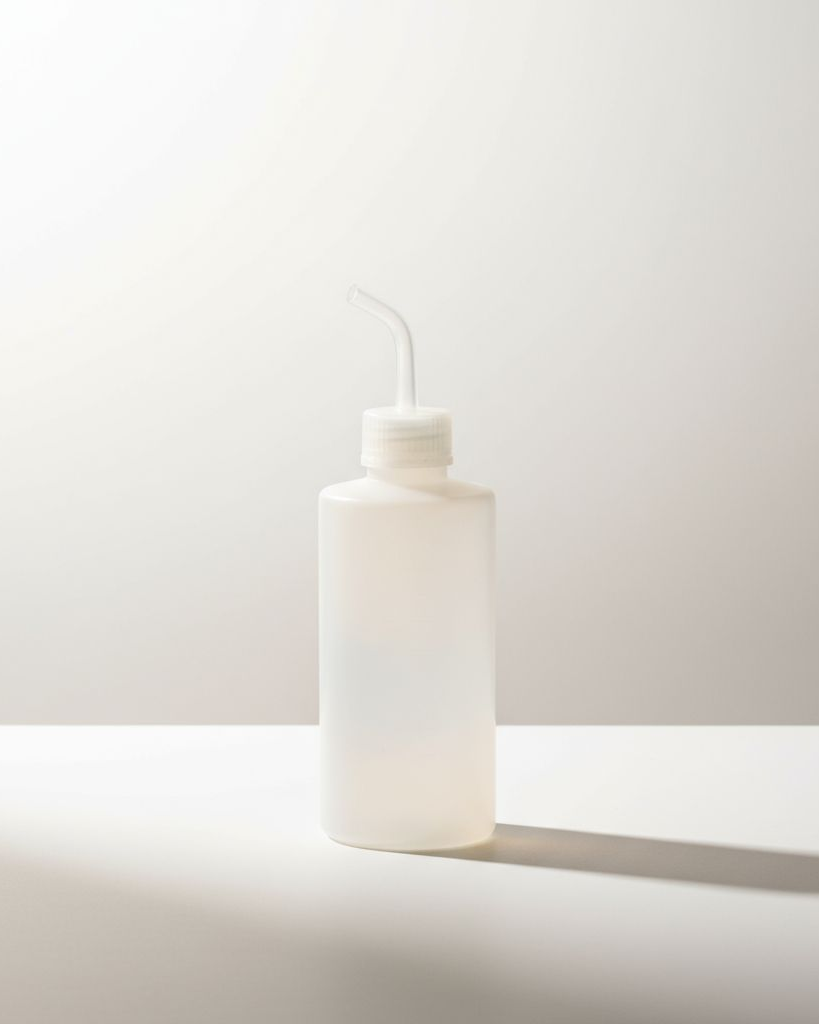🔬 Cosmetic Grade Lash Adhesive
Definition:
Adhesive formulated to meet cosmetic industry safety standards for use on skin or near the eyes.
Key Points:
Meets cosmetic regulations (EU Cosmetic Regulation, FDA guidelines, etc.)
Fully tested for skin and eye safety (patch testing, toxicology, etc.)
Typically includes transparent ingredient lists
Produced in cosmetically certified labs
Free from banned or high-risk chemicals like hydroquinone or industrial stabilisers
More likely to be hypoallergenic and suitable for sensitive clients (although we don't list this as its generally used as a marketing tactic!)
✅ Best for: Lash artists who value safety, compliance, and want to reassure clients with full ingredient transparency.
🧪 Professional Grade Lash Adhesive
Definition:
A general term often used to imply suitability for trained professionals—but not a regulated term.
Key Points:
Not a legal or safety standard—any brand can claim this
May still contain industrial chemicals (e.g., Hydroquinone, N-methylpyrrolidone, phthalic anhydride)
Often lacks full ingredient disclosure
Might not comply with cosmetic regulations
Can still offer good retention, but at higher allergy or sensitivity risk
⚠️ Caution: Just because it’s labelled “professional” doesn’t mean it’s safe, cosmetic-approved, or legal to use near eyes in all countries.
Cosmetic Grade Professional Grade
Regulated for cosmetic use ✅ Yes ❌ Not necessarily
Safe for eye/skin contact ✅ Yes ⚠️ Not guaranteed
Transparent ingredients ✅ Usually listed ❌ Often undisclosed
Hypoallergenic/safe for clients ✅ More likely ❌ Higher allergy risk
Used legally in salons ✅ Safer choice ⚠️ Risk of non- compliance
In short:
If you're prioritising client safety, retention + regulation compliance, and honesty in ingredients, cosmetic-grade adhesive is the gold standard. "Professional grade" sounds good, but without regulation, it’s a grey area—and often hides behind marketing.

